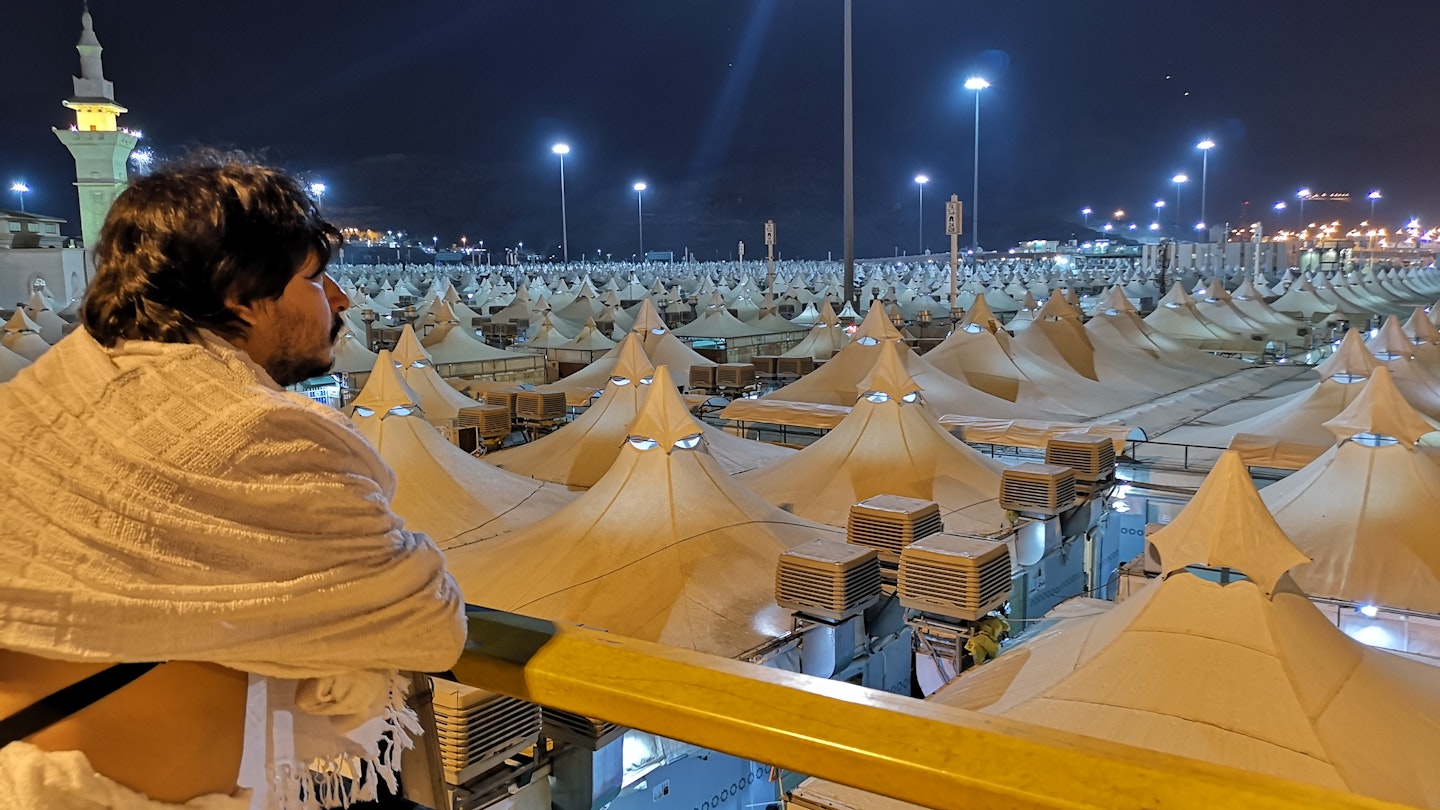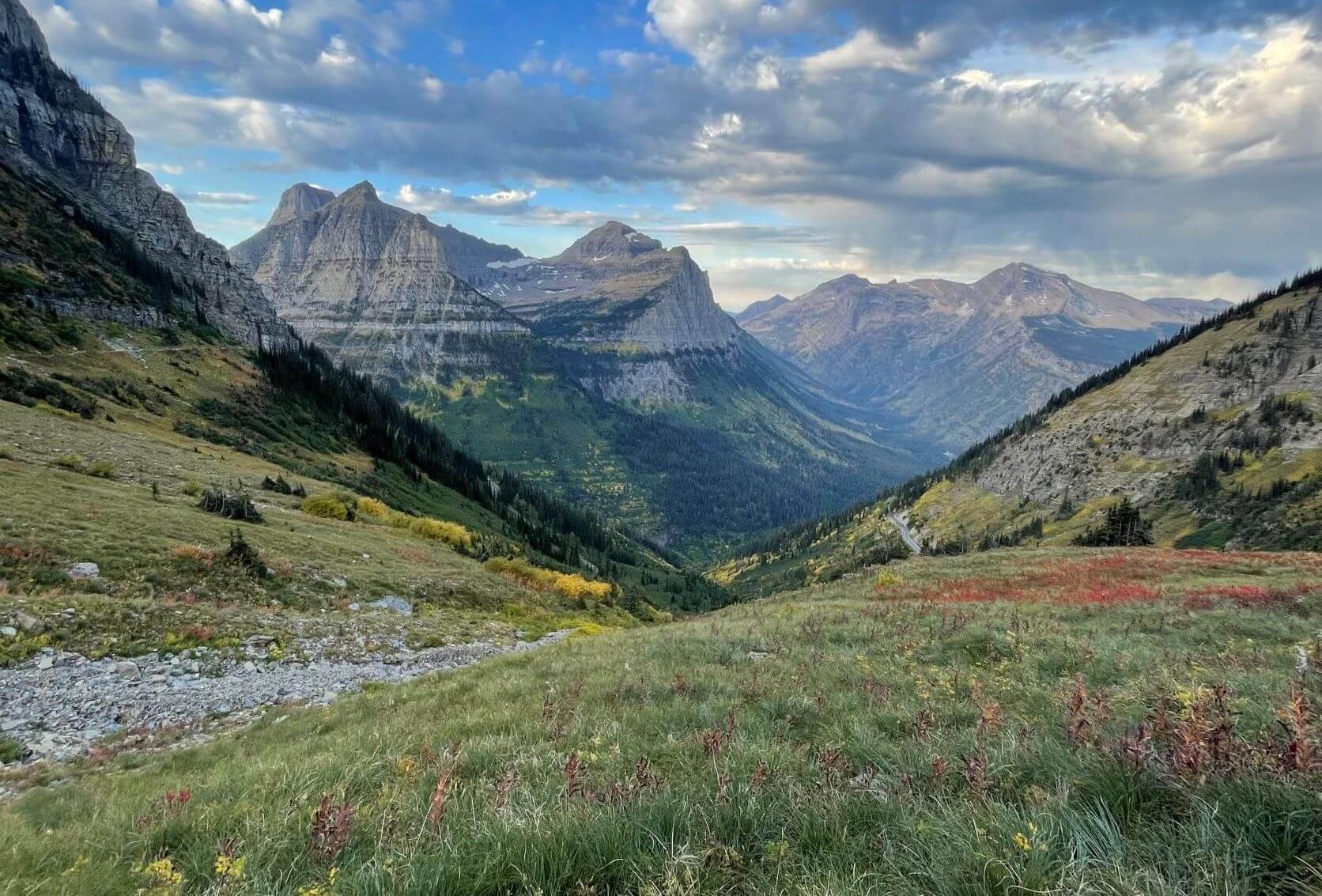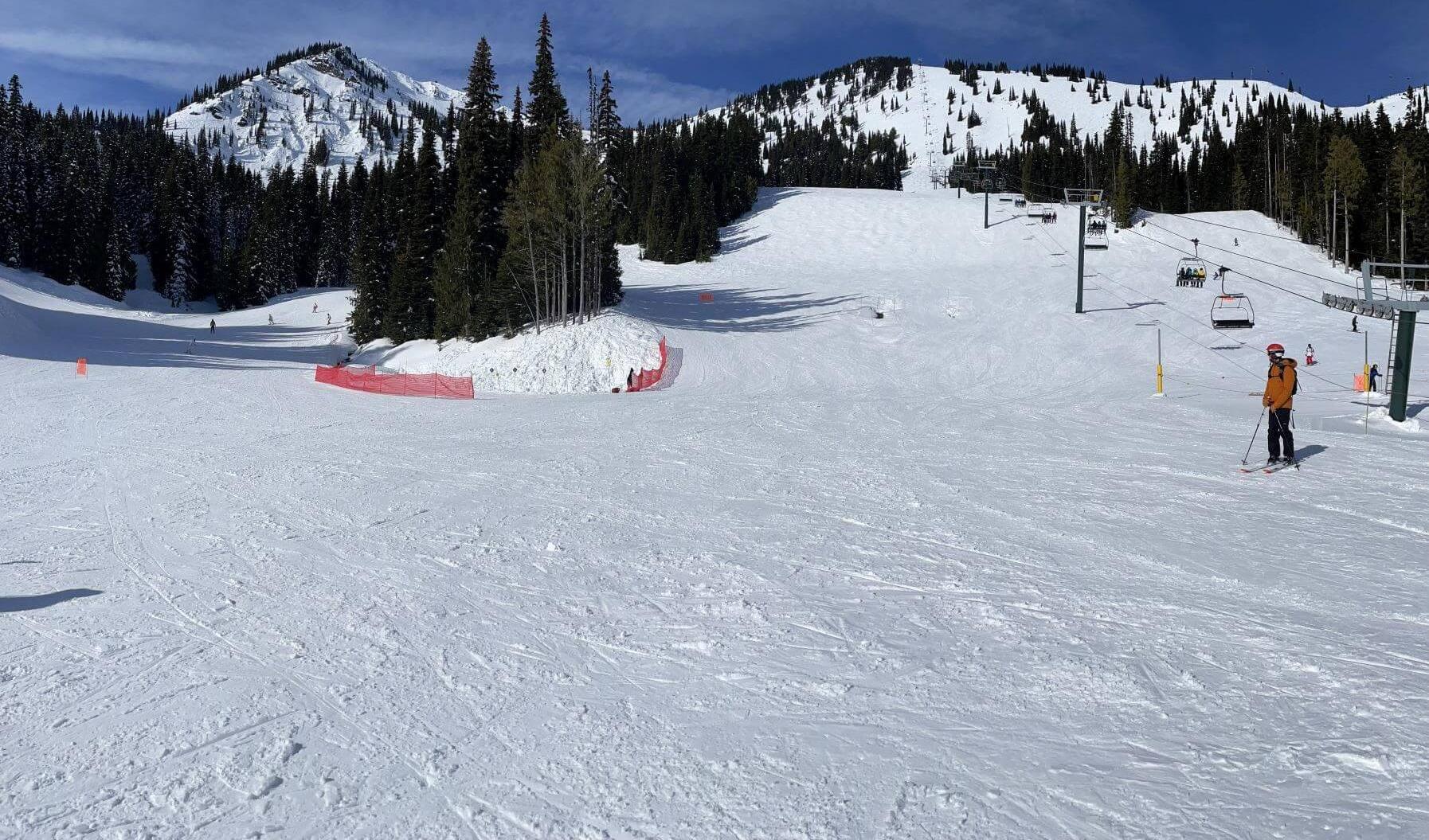The eagerly awaited third installment of Tharik’s Hajj diaries presents his experience of performing the Hajj proper. He unfortunately came down with the infamous Hajj flu and had to take some time out to recover; read on for his insights into performing this ancient pilgrimage for the first time, alongside his mother.

The Abdul Aziz Bridge was full of men draped in white sheets taking in the awe-inspiring views of the tent city of Mina, their ihram outfits blending with the sea of identical snow-white tents sprawled out below. Surrounded by steep hills of granite, the tents were punctuated only by the sand-colored minarets of the Masjid al Kuwaiti.
Mina: A Place for Contemplation and Worship
It was past the mid-afternoon asr prayer, and the heat of the day had begun to subside. Having entered the state of purity once more and arrived in Mina in the dead of the night chanting the talbiyah, the Hajj proper had commenced for us. Most Hajjis had spent the morning engaged in ibada (worship) inside the cramped and congested tents, and now many had emerged to stretch their legs.

Some were on their phones updating loved ones, while others photographed themselves against the iconic tent backdrop. However, most merely stood in contemplative silence, lost in thoughts. In the background, the last coaches ferrying 2.5 million people from Makkah to Mina roared past. They would return soon to repeat this feat three more times, taking the Hajjis to Arafat, then Muzdalifah, and finally back to Makkah – moving the equivalent of the entire population of Namibia to four different spots in five days.
The Importance of Arafat
Mina is where the Hajjis come to contemplate, worship, and rest, just as Muhammad had done in the 7th century, ahead of the most important day of the Hajj.

‘Being at Arafat on the 9th of Dhu’l Hijjah is the only act of the Hajj that cannot be missed. If you do, you will have to come back next year to perform the Hajj again,’ our Sheikh had reminded us.
Any other act of the Hajj could be missed and compensated through various ‘fines’ – mostly involving feeding the poor – but missing the day of Arafat was simply not an option.
The impoverished were at the forefront of my thoughts as I made my way down from the bridge into the forecourt of the Kuwaiti mosque. Hundreds of unofficial Hajjis had pitched up here. African and Asian women sat on reed mats, nursing children and eating pre-prepared travel meals. In another era, they would have been cooking their meals here; however, that was banned after a fire in 1997, which tragically killed around 200 people.

The sky was turning a beautiful pinkish-red. I tiptoed around resting Hajjis, past an amputee using shoe heels to protect his knee stubs, and settled on a set of clean stairs near the wudu area. The air was filled with the aroma of liver frying with onions and peppers in one of the eateries behind us. Beside me sat a heavily mustached Pakistani man staring out towards the sculpted skyline of the mountains beyond the mosque. I followed his gaze, and together we watched the birds dance above.
‘My name is Abid, I’m a banker from Islamabad,’ he introduced himself after I casually shared my name. ‘I’ve come alone. The children are too young for this. And you?’
As I began sharing my story with Abid bhai (the honorific ‘brother’), the adhan for the sunset prayer commenced, stirring the Hajjis from their impromptu naps. They stood, shaking off their rugs before proceeding to the lengthy wudu queue.
Abid bhai led me to a spot beside the stairs, where a Hajji offered us his place to pray. We smiled, thanked him, and prepared to stand in silence ahead of the iqama (call to start the prayer).

Abid bhai spoke excellent English and was evidently well-educated. His soft, manicured skin indicated a life of comfort. When we parted, he offered a heartfelt embrace that carried a sense of sadness, and after breaking it, Abid bhai remained silent, cupping his hands together and gazing skyward. He wished me to pray for him, to which I nodded, promising I would.
Later that night, as I lay in a tent in camp 41a on fold-up brown foam ‘beds’, inches away from other Hajjis, I thought of Abid bhai once more and all the others I had vowed to remember on the Day of Arafat, just hours away.
It was at Arafat that Adam and Eve were forgiven by God and where the Prophet delivered his final sermon, revealing the last divine messages that complete the Quran, before asking those present to bear witness that he had faithfully delivered the message entrusted to him by his Creator.
Centered around Jebel ar Rahma – the mountain of Mercy – Arafat is where we Hajjis would gather tomorrow as a reminder of the Last Assembly (judgment day), a place where every prayer made by the Hajji on the 9th of Dhu’l Hijja is said to be granted.

Knowing this, I provided friends and family with the opportunity to send me their personal ‘requests,’ promising to convey them in person. I noted every request I received: an experience that truly humbled me. People had been remarkably candid and trusting, making my own list of requests seem far less urgent.
I included Abid bhai in my list as I lay there in the dark, only the sound of the industrial air-conditioning vents and the occasional cough interrupting the silence.
It struck me once again how privileged and blessed I truly was. I didn’t have to pray for my children’s health or for the welfare of a parent; my mother was in the tent next door, my marriage was secure, and no traumatic events had impacted me. In fact, with the exception of the request for the safe and healthy birth of my third child, I would gladly allow my requests to be placed at the end of the queue.

Eventually, as I drifted off to sleep, I was roused by an urgent and loud call of, ‘Wake up, brothers. It’s fajr time!’
Bleary-eyed and disoriented, we navigated to the camp’s inadequate toilet and shower facilities to wash and prepare for the sunrise prayer and the day of reckoning. Soon, buses would arrive to transport all 2.5 million of us to the plain of Arafat. While our first day of the Hajj concluded, the main event was just about to begin.





